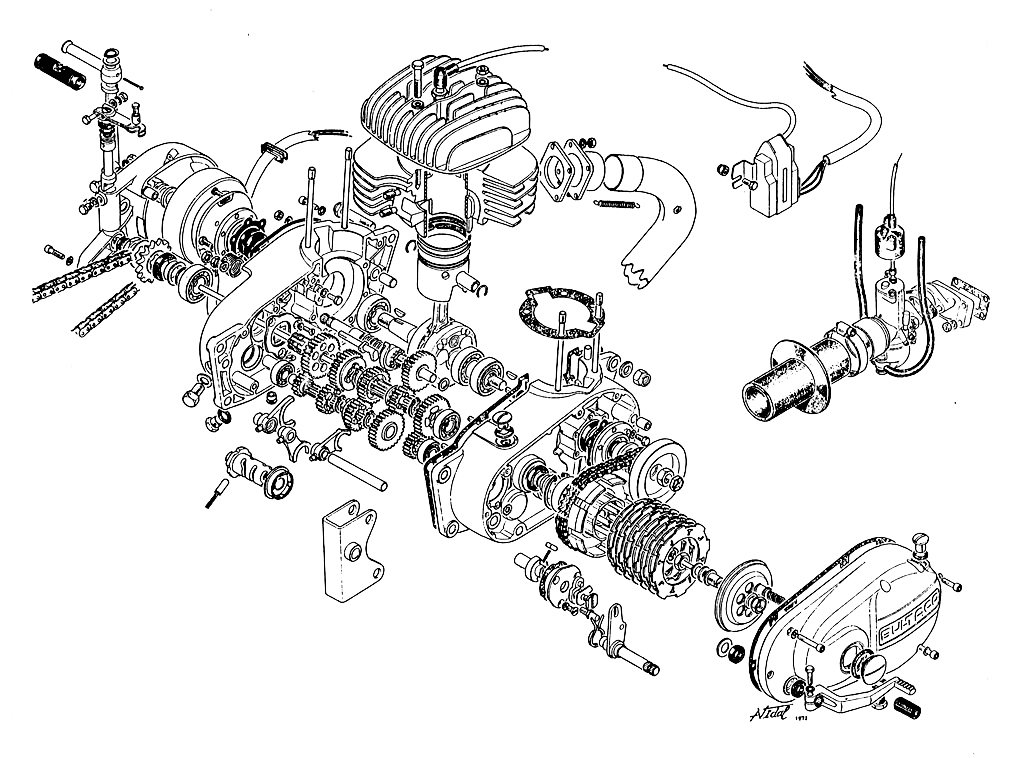
Post-medium publishing
I can see the evolution of book publishing in the books on my shelves. Clearly at some point in the 1960s the big publishing houses started to ask: how cheaply can we make books before people refuse to buy them? The answer turned out to be one step short of phonebooks. As long as it isnt floppy, consumers still perceive it as a book.
This is the most amusing paragraph from Paul Graham’s 2009 essay on content vs. medium (which do we really pay for?): Post-Medium Publishing. This is a topic most people are still pretty puzzled by, and Graham has some interesting thoughts.
He looks at the cost of content over time and concludes that the price has always been determined by the medium. Unfortunately, he doesn’t include much data here, and I can definitely point to counterexamples. The best selling movies are more than $20 for a DVD, whereas less popular ones are under ten. New albums from hot artists are $15 while old jazz albums are seven bucks.
Publishers also get us to pay more for better content by offering it only in more expensive formats. Movie distribution is all about moving from theaters to rentals to DVDs over time as demand for the more expensive formats is exhausted. A lot more people will pay to see a movie in the theater if it’s better. Bad movies go straight to DVD. There’s a similar progression for books from hardcover to paperback. So, yes, we’re paying based on medium, but the available medium is governed by the quality of the content.
It doesn’t really make sense that consumers are all accidentally valuing the paper instead of the words. It’s definitely true that consumers are not willing to pay for content online, but I don’t think that’s a change in consumer thinking. Consumers have always been unwilling to pay for something that they can get for free somewhere else. What’s changed is that there are way more companies willing to offer content for free or almost free than there have ever been.
Of course, this is because the cost of distribution is almost free. The best discussion of this that I’ve seen has come from Clay Shirky. From Newspapers and Thinking the Unthinkable:
If you want to know why newspapers are in such trouble, the most salient fact is this: Printing presses are terrifically expensive to set up and to run. This bit of economics, normal since Gutenberg, limits competition while creating positive returns to scale for the press owner, a happy pair of economic effects that feed on each other.
As Shirky points out, during a revolution, everything breaks before new things come to replace them. And the change in economics means that the value of the publishing market is probably just objectively lower than it used to be… it’s just way easier to do. The value has moved from publishing to internet infrastructure. And that industry will be much bigger than publishing, because it generates vastly more wealth for everyone.